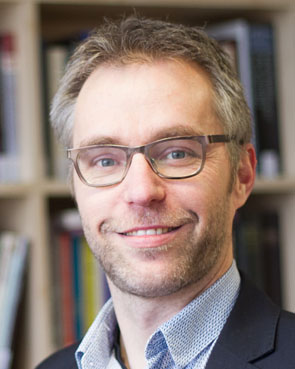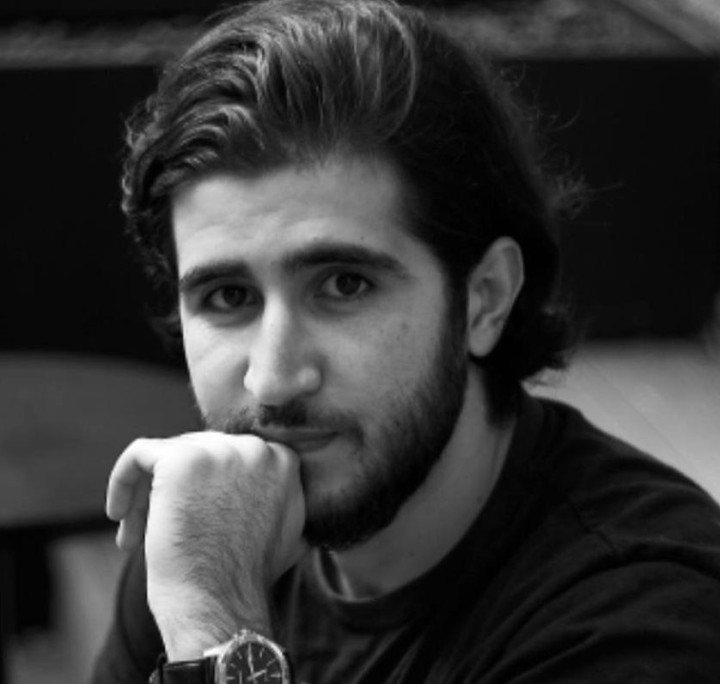Clashing Vulnerabilities? Revisiting Executief van de Moslims in België and Others v. Belgium with Vulnerability Theory

Jelle Creemers is a professor and the academic dean of religious studies at the Evangelische Theologische Faculteit (ETF) in Leuven, Belgium.
The final judgment of the European Court of Human Rights (ECtHR) in the case of Executief van de Moslims in België and Others v. Belgium (13 February 2024) could not have been more clear. The seven judges unanimously held that the Flemish and Walloon decrees banning ritual slaughter of animals without prior stunning did not constitute a violation of Article 9 (freedom of religion or belief) or of Article 14 (nondiscrimination), read in conjunction with Article 9 of the European Convention on Human Rights (ECHR). This decision ended the appeal of several Belgian Muslim and Jewish organizations and individuals seeking a legal exemption that would allow them to slaughter animals according to their religious convictions. The ECtHR judgment prompted debate among, and critical feedback from, European FoRB experts.


